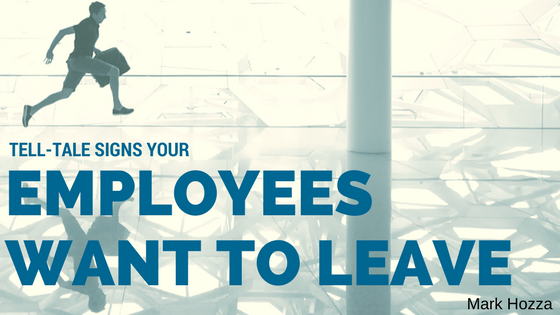4 things the most respected leaders do for their employees that anyone can learn
Listen more and talk less.
Listen more and talk less.

Over the past several years, companies have been progressively moving away from the standard 9 to 5 hours in the office and to allowing employees to telecommute. Aside from being able to stay in pajamas while you work on your reports, having the option to work from home gives employees more flexibility in their workday. Even though it seems like it would give people the opportunity to be less productive, the Global Workplace Analytics, a telecommuting research firm, found that people that work from home actually get 27% more work done at home versus in the office.
Many of the most successful people had to fight tooth and nail for opportunities to learn new skills and advance up the corporate ladder. That’s often because what they wanted to learn and achieve wasn’t in sync with what their bosses wanted for them. You’re not a data scientist. You’re not cut out for engineering. Sales isn’t what you do. Lines like this are still used all too frequently when employees tell their managers that they want to move in a new direction.
If developing your employees isn’t at the top of your list of priorities, here’s why that needs to change.
For many people, actually being promoted is a huge achievement. Being promoted to a managerial position is a goal for many workers. Those that move into this type of role often bring along with them grandiose ideas on improving the workplace quickly. Not everyone can manage employees effectively, but even those who become great leaders make mistakes along the way. Perfection is not achievable, but the following mistakes are most often made by new managers and should be avoided in your career.
Adding curiosity to a challenging interaction can bridge differences, repair relationships and lead to greater understanding.
This second article in the “Ask Dave” series is based on a question posed by Dr. Amy Osmond Cook, CEO of Osmond Marketing.
“I recently had an employee quit suddenly. She said that she was happy … until the day she quit. I was surprised and felt bad that I couldn’t tell she had been struggling. How can I prevent this from happening in the future?”

Losing qualified employees is one of the costly events that can happen to a business owner. Once your employee has been trained for the position and you come to depend on them to fulfill their responsibilities, it becomes imperative that management knows the warning signs that an employee might be trying to find other employment and what to do about it.
Recent cases highlighted in the media suggest that executives, in a desperate quest to quench the market’s unquenchable thirst for growth, are ignoring reason and dictating growth targets so insurmountable that their employees are turning to unethical and perhaps illegal means to achieve their goals (e.g., Wells Fargo, Enron, VA). Are you worried about something like this happening in your organization? You might believe that you’re an innocent pawn in this game, but as a manager, you have a responsibility to ensure that unreasonable targets don’t unleash harmful behaviors on your team.
A framework will help you avoid these common (and sometimes fatal) errors